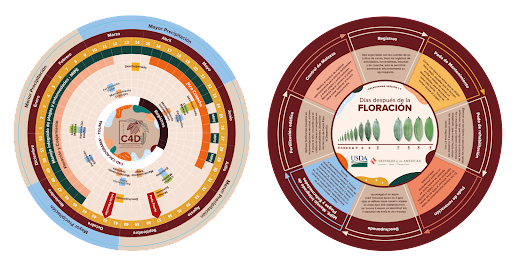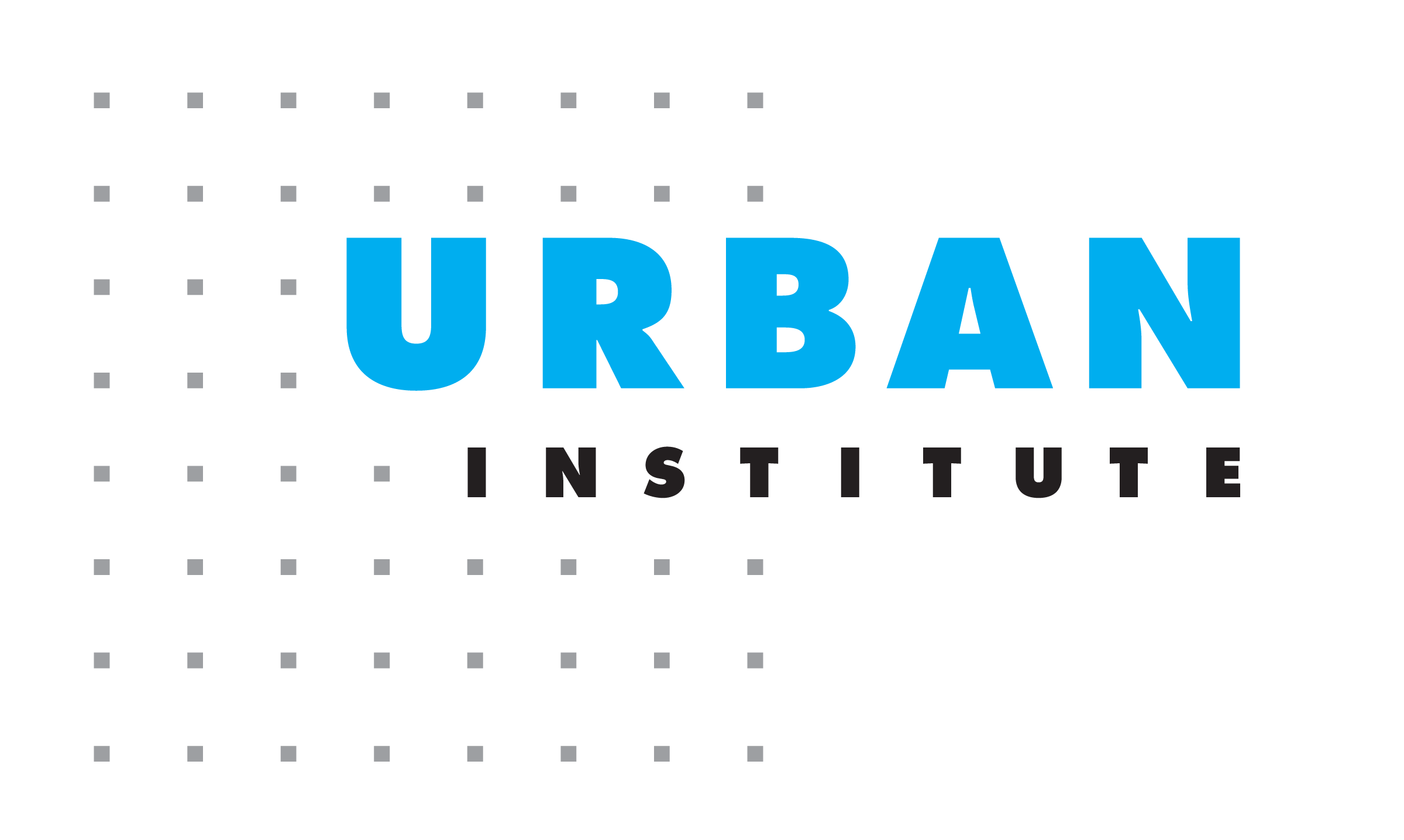
Partners of the Americas helps Colombian cacao farmers manage and grow their businesses sustainably
The USDA Food for Progress Cacao for Development (C4D) project, implemented by Partners of the Americas (Partners), has has enabled thousands of Colombian farmers transition to more sustainable agricultural practices for cacao and other crops with its Smartsheet-based tools and data processes.
beneficiaries of whom 30% are women
control over the entire project using Smartsheet solutions

"With the Cacaogramas created using Smartsheet, farmers can be their project managers and completely be in charge of their businesses."
Chief of Party, Partners of the Americas
For more than 55 years, Partners of the Americas (Partners) has been implementing cutting-edge, multi-million-dollar programs to solve global challenges like climate change and economic inequity in developing countries.
The USDA Food for Progress Cacao for Development (C4D) project, implemented by Partners, aims to encourage Colombian farmers to grow cacao and other complementary crops in order to create a more resilient system that can truly provide a living income while delivering ecosystem services such as carbon sequestration.
“Cacao can be an alternative to substitute coca plantations and help build social tissue to strengthen our peace agreement,” says Pablo Ramirez, Chief of Party at Partners. “
The objective of C4D is to come up with viable business models in cacao and complementary crops to address climate, social and economic risks.” With a $25 million investment from the United States Department of Agriculture (USDA), the project has a five-year development timetable in Colombia.
With vast experience in managing ethical sourcing programs for Starbucks and Chipotle, a Master of Business Administration and a Master of Agribusiness, Pablo Ramirez has a firm grasp of how the entire project should run. “We aim to reach 5,500 beneficiaries, from whom 30% are women, and more than 18,000 indirect beneficiaries. We’ll manage the whole process from request for proposal (RFP), the participant’s actual activity in farms, to the overview of the entire project,” says Ramirez. “As I was using Smartsheet for some time now in my other projects, when I saw the plan for C4D, I knew we should bring it in if we want to have the best results possible.”
Capturing information from the source
To ensure that a project participant takes good care of their crops year-round, Ramirez had the idea to create an agro-calendar for them, named Cacaogramas. This was done with the help of Avilan Santos, an advisory and consulting firm and Smartsheet partner for Latin America.
“Using Smartsheet, we created circular Gantts with information for every week of the year. So at any point in the year, the farmers can check and ensure they follow the appropriate activity for their crops.” The circular Gantt chart has labels for each week of the year, and activities that run across weeks or at specific points. “For example, at the 37th week, we prune the plant. Following the chart, we see that the flowering will take place approximately six weeks later. The fruit pods develop afterwards, so we prepare to start harvesting around April, or week 16 of the year,” details Ramirez. “With the Cacaogramas created using Smartsheet, farmers can be their project managers and completely be in charge of their businesses,” he adds.
A global perspective for local action
“Smartsheet and Cacaogramas are also used to transmit and gather data from mobile devices. As all farms are remote, we needed a solution to keep using them offline. We found KoBoToolbox, a free solution created especially for NGOs that integrated perfectly with Smartsheet,” explains Ramirez. “As soon as there's a connection to the internet, the data from the farm visits, driven by the Cacaogramas, is uploaded to our master tables in Smartsheet.” Data within Smartsheet is then exported into Microsoft Power BI to generate reports. Partners also uses Smartsheet to manage the whole project, combining more than 10 different Gantts into a master one. We also use it for all our monitoring and evaluation needs, onboarding of employees, evaluation of RFPs and even to evaluate consultants and to do some administrative monitoring.
The teams use Smartsheet for their Monitoring and Evaluation System to oversee the entire project. This makes the entire workflow easily auditable by USDA. “With this system, we have all our information in one place and can manage our entire value chain structure” Ramirez adds.
Partners also supports the farmers on location. A team of 50 rural extension agents will visit the farmers four to six times annually to monitor the farms and use their digital solutions to its maximum benefit.
“Our specialists will make more than 25,000 visits per year to the farms. With Smartsheet, we’ll create the most comprehensive database about cacao growing in Colombia,” says Ramirez.
Complementary and carbon sequestration crops
Relying only on the cacao income is not enough, though. C4D is looking to diversify and increase the farmers income with complementary crops such as plantains, tabasco, and mango while establishing an agroforestry system. “As cacao plantations require shade, we’ll work on optimizing these systems, and for the first time bringing such a large set of farmers to the voluntary carbon markets,” foresees Ramirez.
As it thinks outside the box to uncover hard-to-find resources and seek new opportunities, Partners serves as an inspiration to other organizations that want to initiate change amidst limited means. The organisation currently implements 19 programs in 30 countries, ensuring that all parties match resources, knowledge and passion.
With C4D, Partners brings digital solutions closer to local communities, multiplying their effectiveness. “With Smartsheet, we can see our work, what areas need more attention and where we can better use our funding. I don’t see how we could’ve managed such a complex project without it,” concludes Ramirez.
Additional information can be found here.
For more information about this story, please see our case study.









